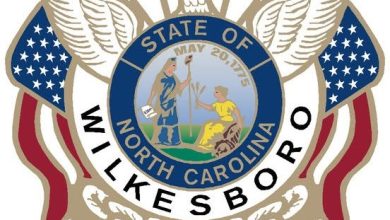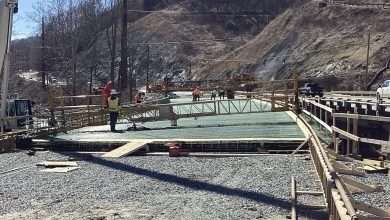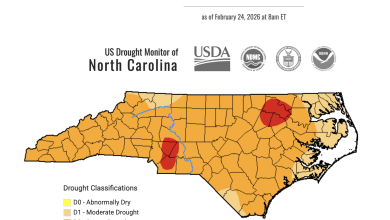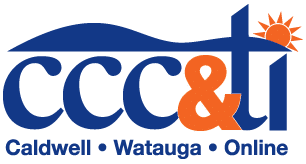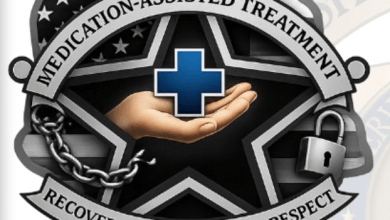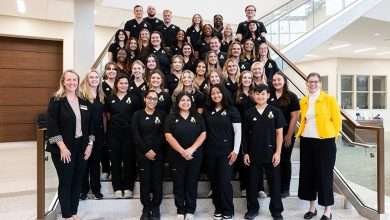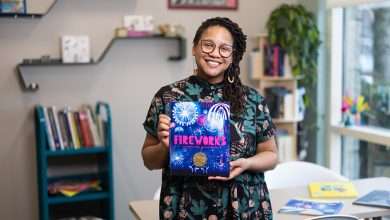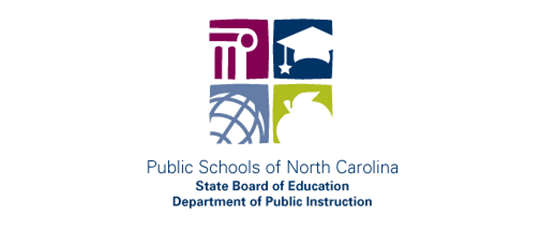
Last Updated on October 7, 2022 11:14 am
Raleigh, NC Oct 6, 2022
The State Board of Education approved a new policy today aimed at boosting opportunities for high school students to enroll and succeed in community college courses under the state’s decade-old Career and College Promise program.
That program has allowed high school students who meet certain academic criteria to also take courses at their local community college to earn transferrable college credit or to take courses leading to a career-focused certificate or diploma. A study from the SERVE Center at UNC Greensboro issued this summer highlighted the need to build awareness around CCP, as it found uneven participation in the program, particularly among minority groups.
The new policy enacts a key recommendation of the study for strong and clearly defined partnerships between school districts and their community college partners to strengthen both access to and success in college courses for high school students. Such agreements, or memoranda of understanding, which are in place in a few districts and community colleges and for all Cooperative Innovative High Schools or early colleges.
Now, all districts in the state will be required to develop formal agreements with their community college partners addressing several factors found to improve both student participation and successful outcomes. Through this partnership, LEAs will intentionally integrate CCP program offerings as it aligns to regional, economic, and community needs and provide specifics on how these offerings will be communicated to students, schools, and parents.
Among the topics to be considered in the CCP Partnership agreements:
- Establishment of partnership protocols, including regular communication
- Integration of district and college program offerings
- Plan of communication to students and families to broaden access
- Student academic support systems, including advising and sharing student progress
- Responsibilities of school/district and college personnel
- Responsibilities for program expenses
- Responsibilities of site operations, including use of facilities and transportation
Sneha Shah Coltrane, director of Advanced Learning and Gifted Education for the Department of Public Instruction, told the board that while participation in Career and College Promise has increased gradually, but steadily, and remains a great opportunity for students and families, implementation has been uneven.
“A strong, high-quality partnership between secondary and postsecondary education institutions is a necessity,” Shah Coltrane said. “Well-articulated partnerships between secondary and postsecondary education institutions are critical to support mindsets, policies, and practices that expand access to career and post-secondary pathways and ensure student success.”
State Superintendent of Public Instruction Catherine Truitt echoed the importance of strengthening this partnership as Career and College Promise aligns with her workforce priorities the agency unveiled in January, aimed at ensuring students are well-prepared to compete for high-wage, high-demand careers.
“When I deemed 2022 as the Year of the Workforce, I wanted to ensure that North Carolina public schools continued to open doors, identify opportunities, and create partnerships for students to learn about postsecondary pathways,” said Truitt. “This policy is an important way we can do that, as it can lead to more students engaging in higher education coursework while helping them make informed plans and decisions about their future education and career pathways. With more jobs than ever before requiring post-secondary education and durable skills, I’m excited to see how this partnership assists more students in preparing for life after graduation.”
To learn more about North Carolina’s Career and College Promise Program, click here.








